 Petzlover
Petzlover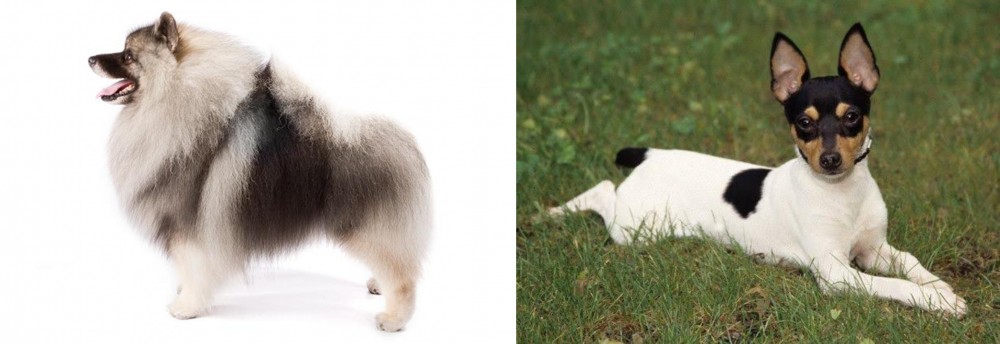 Keeshond is originated from Netherlands but Toy Fox Terrier is originated from United States. Keeshond may grow 19 cm / 8 inches higher than Toy Fox Terrier. Keeshond may weigh 14 kg / 31 pounds more than Toy Fox Terrier. Both Keeshond and Toy Fox Terrier has same life span. Both Keeshond and Toy Fox Terrier has almost same litter size. Keeshond requires Moderate Maintenance. But Toy Fox Terrier requires Low Maintenance
Keeshond is originated from Netherlands but Toy Fox Terrier is originated from United States. Keeshond may grow 19 cm / 8 inches higher than Toy Fox Terrier. Keeshond may weigh 14 kg / 31 pounds more than Toy Fox Terrier. Both Keeshond and Toy Fox Terrier has same life span. Both Keeshond and Toy Fox Terrier has almost same litter size. Keeshond requires Moderate Maintenance. But Toy Fox Terrier requires Low Maintenance
 Keeshond is the term used for German Spitzes and although many American references have it that the Keeshond originated in the Netherlands, some say the dog originated in Germany and is a member of the German Spitz family.
Keeshond is the term used for German Spitzes and although many American references have it that the Keeshond originated in the Netherlands, some say the dog originated in Germany and is a member of the German Spitz family.
The Club for German Spitzes was founded in 1899. The Nederlandse Keeshond Club was formed in 1924. The Keeshond is also referred to as ‘The Smiling Dutchman’.
It was in the 17th and 18th centuries that the Keeshond was used greatly as a watchdog, appearing in England in the late 1800s, but after the turn of the 20th century, Mrs. Wingfield Digby of Dorset, England and Mrs. Alice Gatacre, a Dutch breed authority, living in England, stirred interest in the breed with their kennels.
An English breed Club was formed in 1926, and the first Keeshond was registered with The American Kennel Club in 1930.
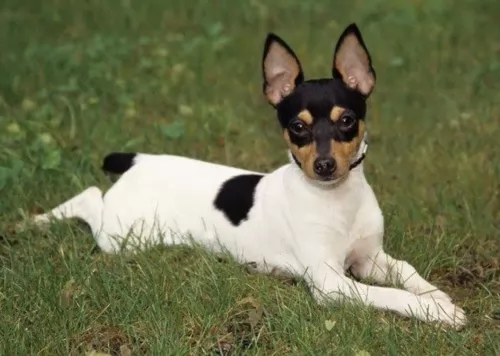 The small Toy Fox Terrier was developed in the United States of America and is a smaller look-alike of the larger Smooth Fox Terrier.
The small Toy Fox Terrier was developed in the United States of America and is a smaller look-alike of the larger Smooth Fox Terrier.
Several toy breeds as well as the Smooth Fox Terrier were used to bring about the small Terrier dog.
Small though they are, they have had a role to play, particularly on farms where they've been used as ratters. They’ve also been used in circuses to perform tricks. These days they excel as being devoted companions of their human masters. These dogs are recognized by the United Kennel Club (UKC).
 The Keeshond is a medium-sized dog and a member of the Spitz group of dogs. He stands at 43 – 48cm in height and weighs 14 – 18kg.
The Keeshond is a medium-sized dog and a member of the Spitz group of dogs. He stands at 43 – 48cm in height and weighs 14 – 18kg.
He has a 2-layered, dense coat which is fairly long, straight and coarse and colors are grey, silver, black and cream. His undercoat is a very light cream color. He has erect ears, a fairly shop muzzle and a feathery, plumed tail which curves over his back.
The hair on his legs is fairly short accompanied with some feathering. A typical marking-feature of the Keeshond is the dark line which runs from the outer corner of each eye to the lower corner of each ear. It's what gives the dog his well known keeshond expression. The eyes of the dog are dark brown.
The Keeshond, just like other Spitz dogs, are playful, affectionate, friendly and eager to please. He is intelligent too and will respond well to training and socialization.
He makes a wonderful family pet as he is friendly and playful with children, loving all their games. He gets on well with other pets too. He is a social dog, thriving on being with his human family, wanting to participate in all family activities.
They are sensitive, loving pets and become very attached to their owners. They have even been used as comfort dogs in rescue situations, as they bond so well with people.
He makes a good watchdog too with his loud bark which he uses to deter intruders. He may well be a good watch- and guard dog but he isn't an aggressive dog.
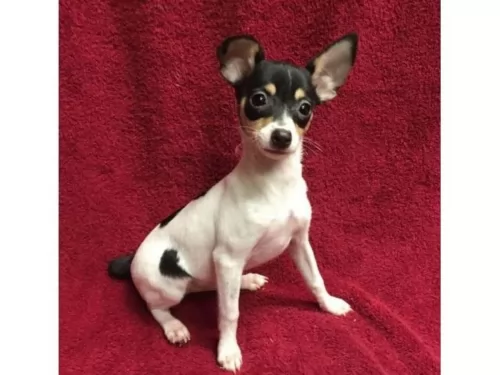 The Toy Fox Terrier stands at between 22 – 29cm in height and weighs between 1.5 and 4kg. He is squarely built, with alert, dark eyes, and large, erect ears.
The Toy Fox Terrier stands at between 22 – 29cm in height and weighs between 1.5 and 4kg. He is squarely built, with alert, dark eyes, and large, erect ears.
The high set tail is nearly always docked. The coat of this dog is short and smooth and it sheds moderately. Color is mostly white with tan or black markings. The face is nearly always black and tan.
His body is lean, lithe and muscular and gives the impression of being well-groomed. The females give birth to between 2 and 6 puppies with the gestation period being 60-64 days. Have your dog spayed to avoid unwanted puppies.
Toy Fox Terriers are loyal, protective dogs and they make excellent watchdogs in terms of barking a lot when needed.
He is such a sport and wants to be part of all the activities that his human family are busy with. They make great playmates for older children, but care should be taken with toy breeds and small, undisciplined children who could hurt them.
These dogs also get on well with other pets in the home and they can adapt easily to life in the city or the countryside. He isn’t the brightest dog, but intelligent enough to learn some basic commands.
His deep loyalty to his human family makes him a little bit aloof with strangers. While he is eager to please, he also has a mind of his own and this is when training and socialization turn him into an obedient little dog.
He has loads of energy too and will rely on his human owners to take him on walks and play ball games with him.
 The Keeshond, with his thick double coat, loves to be outdoors in cool weather. He won't be there too long however, because he will be missing his human family. He is such a social dog, craving human company and therefore isn't a dog to be put out in the backyard and left day after day.
The Keeshond, with his thick double coat, loves to be outdoors in cool weather. He won't be there too long however, because he will be missing his human family. He is such a social dog, craving human company and therefore isn't a dog to be put out in the backyard and left day after day.
He loves games and being totally involved with his human family. Look after your Keeshond well – he is a companion dog - and you will find him to be a most exceptional friend of yours.
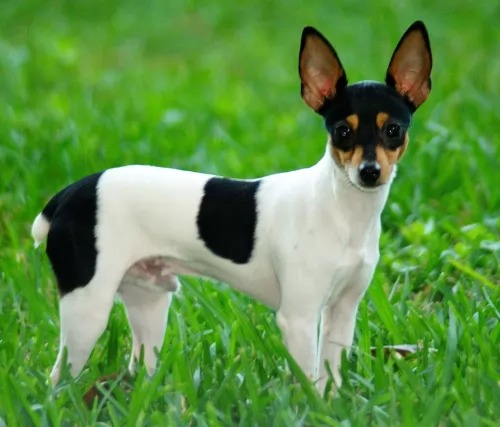 Small and spunky, the Toy Fox Terrier is such an entertaining little pet, full of beans and curiosity.
Small and spunky, the Toy Fox Terrier is such an entertaining little pet, full of beans and curiosity.
He has sharp eyes and his hearing is good and this makes him a good watchdog. He is independent and intelligent, playful and jaunty.
When you allow one of these little dogs into your home, you’ll wonder how you ever got by without one, as he promises to be loving and loyal throughout your friendship with him.
 With good food, fresh water, exercise and lots of interaction with your Keeshond, he can reach 12 to 14 years of age.
With good food, fresh water, exercise and lots of interaction with your Keeshond, he can reach 12 to 14 years of age.
No matter how healthy your dog is, he can still get ill, but the chances are less likely when he is feed nutritionally. Nonetheless look out for hip dysplasia, bloat, ear infections, skin rashes and eye diseases.
This is a problem in the lens of the eye. Your dog has a cloudy look to the eye. A cataract can occur when the cells are damaged. A disease such as diabetes can also cause a cataract and high blood sugar levels can change the metabolism of the cells in the lens.
The lens should be crystal clear, but with a cataract, the vision of the dog is obscured. It can cause blindness. Thankfully, cataracts aren't painful and most times dogs with cataracts can still see. There is the option of surgery to remove them too.
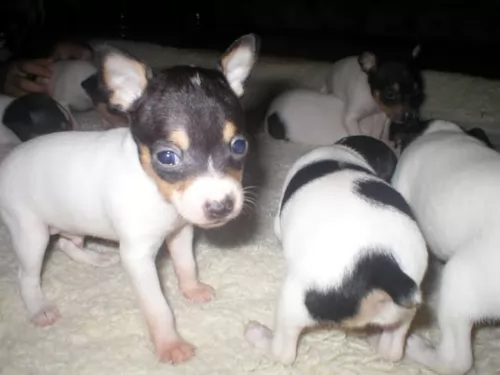 Toy Fox Terriers are generally healthy, but like all breeds, they're prone to certain health conditions.
Toy Fox Terriers are generally healthy, but like all breeds, they're prone to certain health conditions.
It is highly unlikely he’ll get any of the common dog illnesses there are if he is looked after well, but he could.
This is a common dog disease of small breeds, and it is very similar to hip dysplasia. Problems with the femur causes wear and tear with arthritis coming about as well.
 With his double coat, your Keeshond will need regular brushing to get rid of all those loose hairs. He is a dog which doesn't have that typical dog odor about him so bathing him is discouraged. Too much bathing irritates a dog's skin and dries it out.
With his double coat, your Keeshond will need regular brushing to get rid of all those loose hairs. He is a dog which doesn't have that typical dog odor about him so bathing him is discouraged. Too much bathing irritates a dog's skin and dries it out.
Check the inside of his mouth and make sure that his teeth are in a healthy state. If you are unsure, speak to your vet about dental hygiene as bad teeth won't only cause pain and discomfort for your pet, the teeth can affect his immune system and other body parts.
Check his claws too and have them cut when they become too long. When they are long they can hook on things and injure the sensitive area of the paws.
The Keeshond is a sturdy dog, loving all the activities and games that his family are involved in. He will love to be your walking companion and looks forward to his walk every day.
He is such a playful, adventurous dog and is always willing to join you in new games. Never put him in your back garden and forget about him, as this will make him ill and depressed. He must be part of the family to be healthy and happy and relies on you to include him in all your activities. He can live in the city or the countryside but will require being exercised wherever he is.
Top quality dry kibble will work for your Keeshond. If you want to keep him bright eyed and bushy tailed, mix in some quality home-made food too such as cooked chicken, rice and vegetables. You can also try to sometimes include a little bit of raw meat as well.
He is an active dog and will need a diet high in protein. Also, his thick coat needs to be maintained, and apart from regular brushing, look for quality dog foods that have Omega-3 fatty acids in them so as to maintain the skin and coat of the dog. Make sure he always has access to fresh, cool water.
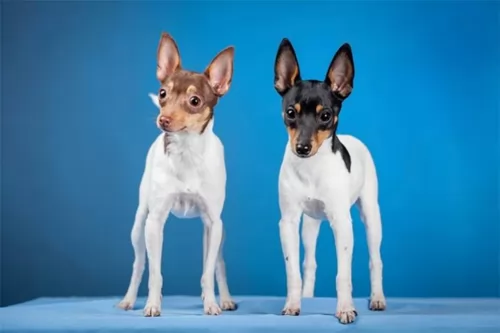 This little dog is essentially a companion. Just like people get these little dogs to be a companion, the dog also needs to receive proper care too.
This little dog is essentially a companion. Just like people get these little dogs to be a companion, the dog also needs to receive proper care too.
Make sure your pet gets the right amount of food and also the right type of food. He’ll need food rich in vitamins and minerals. He’ll also benefit from wholesome home-made food – boiled chicken, brown rice, sweet potato, spinach and carrots – simple, harmless foods like that.
Don’t be tempted to pop peanuts, chocolates, grapes, onions and other human foods into his mouth as it can give your pet a stomach ache and diarrhea.
Get your pet to the vet if he’s sick. He’ll need vaccines too to prevent some of the deadly canine diseases there are.
Provide your pet with adequate games and other forms of exercise. Exercise is essential for good health.
Spay or neuter your dog to avoid an unwanted litter of puppies. There are health benefits to having this done too.
Groom your small dog regularly and get rid of those loose hairs. With his short hair, the Toy Fox Terrier is considered to be a low maintenance dog.